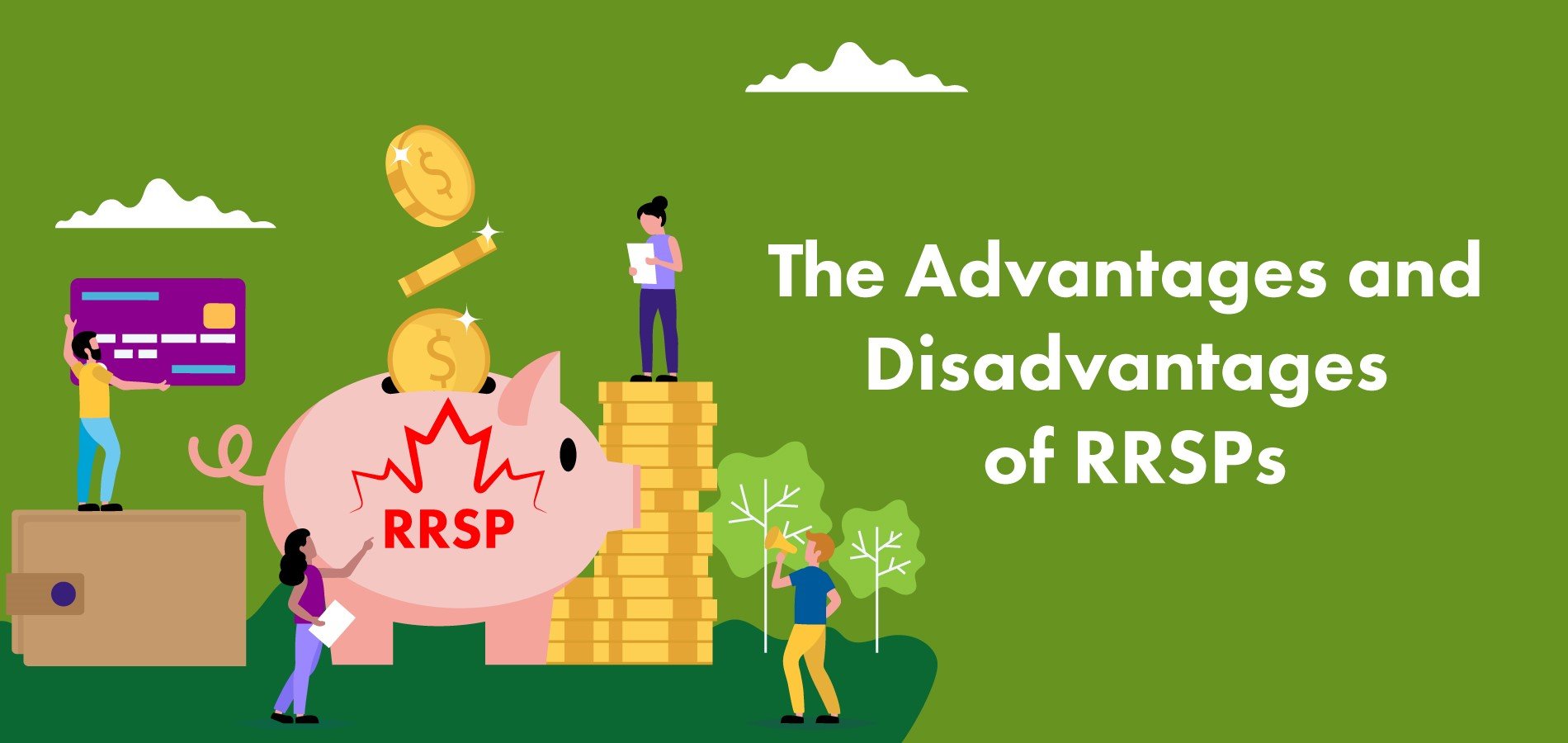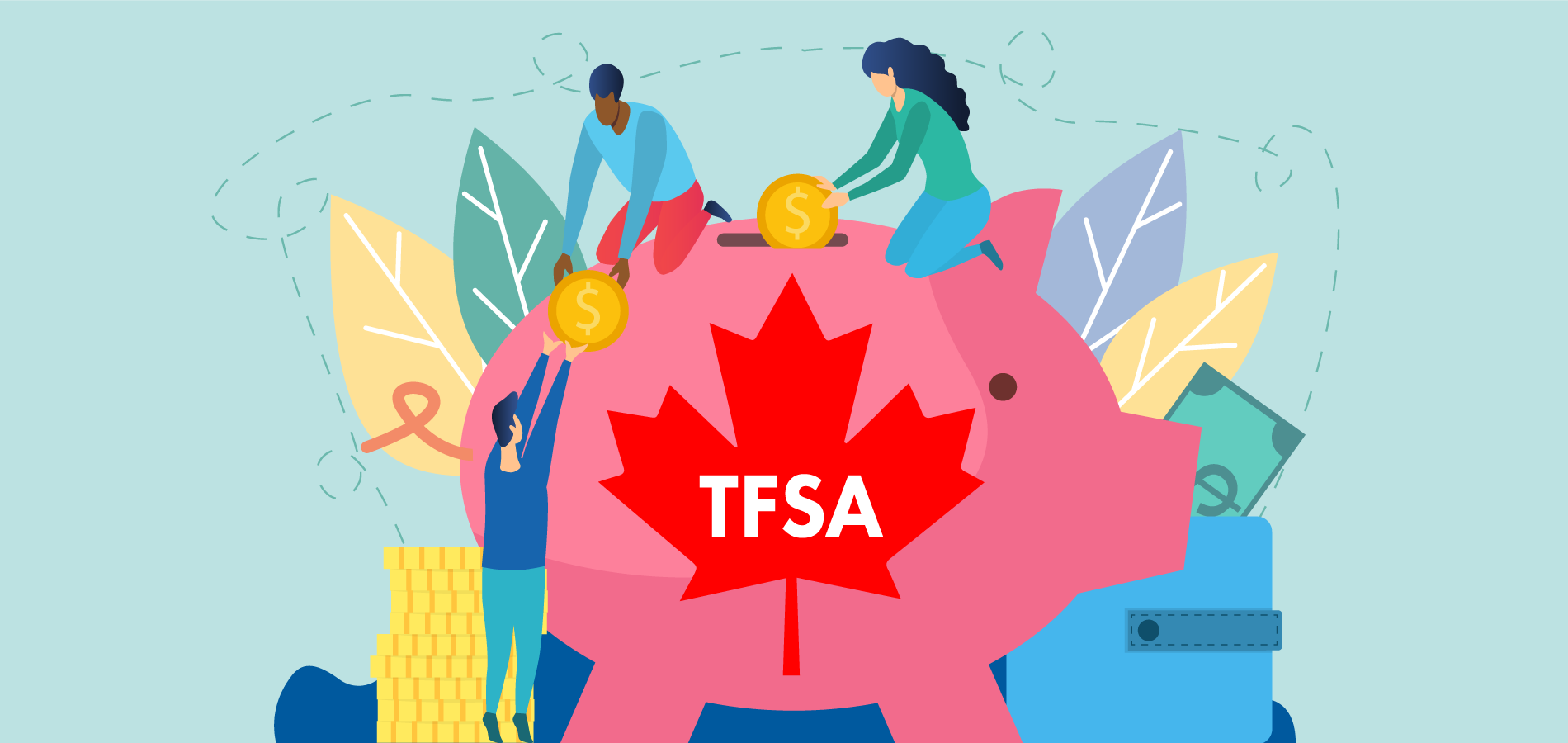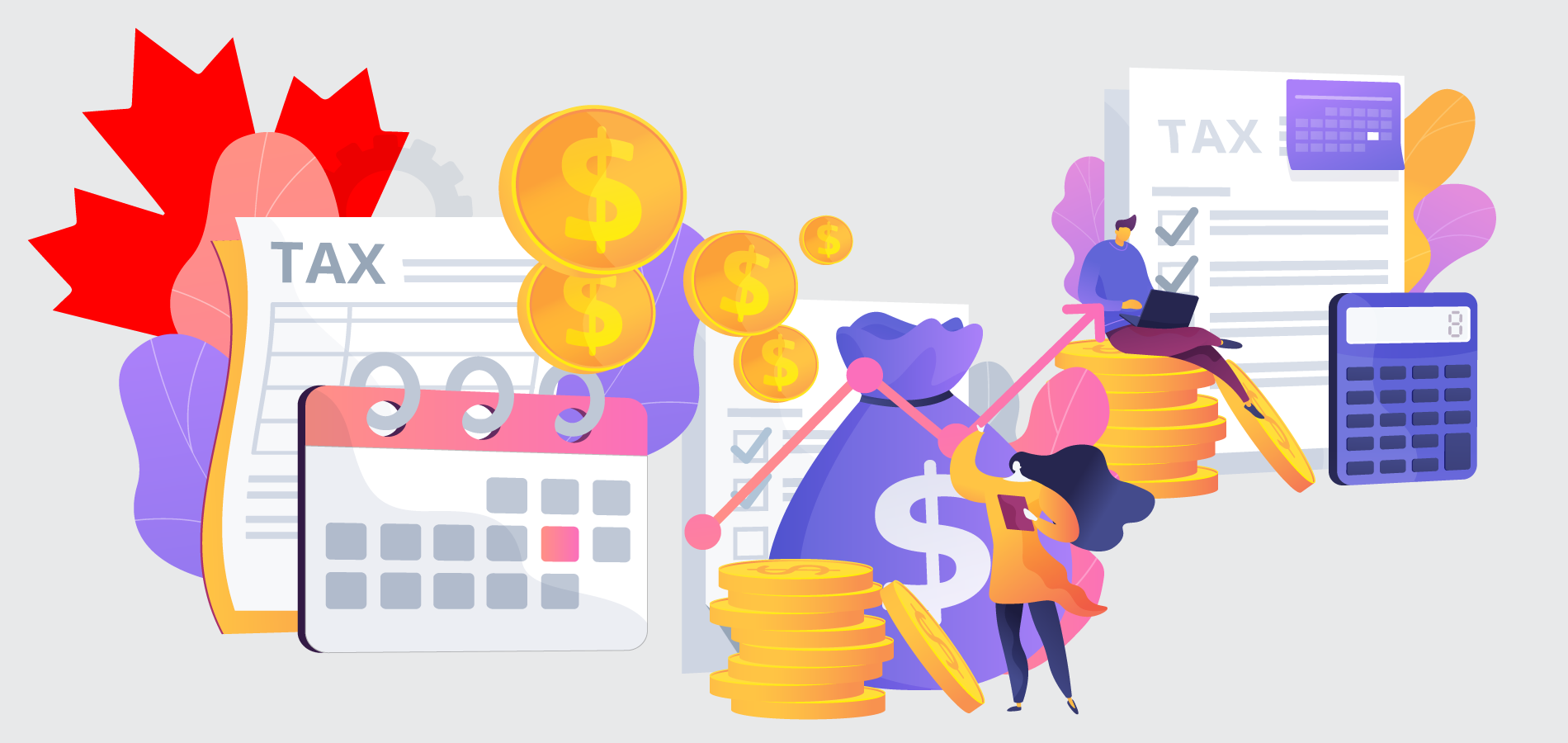The good news is that there is no estate or inheritance tax in Canada. The bad news is that taxes on income and capital gains must be paid when someone dies.
Fortunately, assets can be transferred to the surviving spouse or common-law partner without taxes being paid. It’s important that the spouse be named as a designated beneficiary of an RRSP or RRIF.
If there is no surviving spouse, the estate must pay any taxes owing. The executor of the estate is responsible for ensuring that taxes at death have been paid and that the Canada Revenue Agency has issued a “clearance certificate” confirming that no additional taxes are owed.
Depending on the size of the estate and the nature of the assets (properties, stocks, RRSPs and other investments), this can be quite complicated. So, if you are the executor of a large estate, you may wish to get tax and legal advice about Canadian estate tax laws.
Inheritance tax exemptions
There are two main exemptions to avoid paying tax upon death. First of all, there is no tax on capital gains of a principal residence. We discuss this inheritance tax exemption below.
The second exemption is called the Lifetime Capital Gains Exemption. In 2021, this amount is $892,218 and can go a long way towards reducing tax owing on any capital accumulation on investments and properties. However, note this is a lifetime exemption – so if the deceased has used part of it to reduce taxes over the years, only the remaining part of the exemption can be used at death.
Do I have to pay taxes on a house I inherited in Canada?
Generally, no. There is an exemption for any capital gains on a principal residence the deceased person owned. If there is a surviving spouse, there is no tax payable on transferring ownership.
However, there may be situations where taxes must be paid:
-
If the house has appreciated in value since the owner died, there will be taxes owing on that change in value. With some Canadian real estate market home prices growing rapidly, this could be a significant amount.
-
If the house was NOT a principal residence, capital gains taxes could be owed. For example, if the deceased had a principal residence plus a vacation home such as a cottage, the capital gains on the second home would be taxable.
How to avoid estate tax in Canada
While there is no estate tax in Canada, it is important to plan carefully so that your heirs do not have to pay a large tax bill prior to receiving their inheritance.
For example, as noted above a vacation home such as a cottage may be subject to capital gains tax upon death. This can be challenging to the heirs as they may have to sell the cottage to pay the taxes owing. Therefore, people who own a family cottage may wish to “gift” it to their children while they are still alive. This allows them to transfer ownership without paying tax. A lawyer can assist you with the documentation to make sure that you stay within the tax rules.
Here are some ways to minimize taxes at death in Canada:
-
Plan your withdrawals: During retirement, take money from your RRSP/RRIF first. Dip into your TFSA only when needed. Your investments accumulate tax-free in your TFSA so if you die your estate will not owe any taxes on any gains you have made.
-
Choose your principal residence: If you own more than one home, you can make the more valuable dwelling your principal residence. Any capital gains on this home will be tax exempt.
-
If you have a corporation, plan for what happens next: Corporations don’t die when you do. So, make sure there is a plan for the shares and assets of the company. There may be ways to reduce your taxes by holding funds in the corporation rather than personally.
-
Consider permanent life insurance: Life insurance is a way ensure that your taxes are paid upon your death. The insurance payout can be set up to cover the taxes owing. In that way, your heirs do not have to sell investments and property in order to meet the tax bill.
Do I need a will?
Absolutely. A will not only ensures that your estate is allocated according to your desires, it can also help you reduce expenses. If you die without a will, the court will appoint an administrator as executor – and this person will have to be paid, cutting into your estate.
How much of an estate is taxable?
As indicated, there is no estate tax in Canada. However, every province except Quebec and Alberta has a probate fee. For example, in Ontario there is no fee on small estates up to $50,000. There is a fee of $15 per $1,000 on estate assets over $50,000. This can add up quickly. On an estate worth $1,050,000 the probate fee would be $15,000.
What happens if there are US assets in the estate?
You must file a US tax return if a Canadian resident (who is not an American citizen) owned US assets valued at more than $60,000 USD. However, the estate probably won’t pay any tax unless the estate is valued at more than $11.58 million.
A Canada-US tax treaty also provides limitations on US corporation shares. When the total estate is worth less than $1.2 million, the shares are not subject to US estate tax.
If the deceased had significant US holdings, it’s important to get tax and legal advice to make sure that you don’t run afoul of the Internal Revenue Service. When conducting tax planning prior to death, you may wish to sell all of your US assets in order to simplify matters for your executor.
Is inheritance considered income?
If you inherit money, you will be pleased to know that it comes to you tax-free. That’s because upon death all of the taxes owed by the deceased are calculated and paid prior to the estate being dispersed. You do not need to include inheritances on your Canadian tax return.





